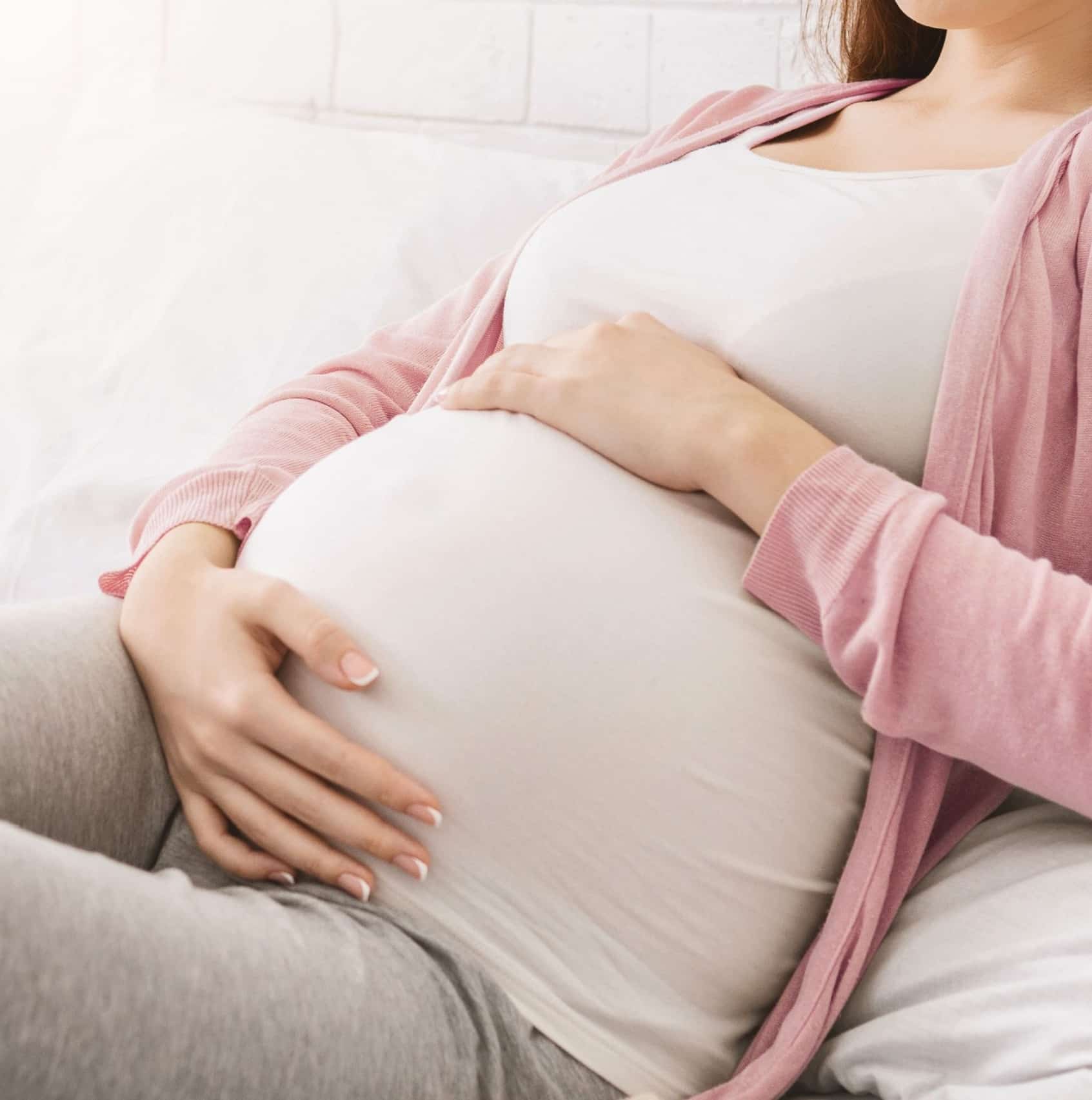
Pregnancy is a time of excitement and anticipation, but it can also bring unexpected challenges—one of the most common being hemorrhoids. Many expectant mothers experience discomfort, itching, or even pain due to swollen veins in the rectal area.
Understanding why hemorrhoids are so prevalent during pregnancy, how to find relief, and what to expect postpartum can help you navigate this phase with greater comfort and confidence.
Why Are Hemorrhoids Common During Pregnancy?
Hemorrhoids are enlarged blood vessels in and around the anus and lower rectum. During pregnancy, several factors combine to make hemorrhoids more likely:
- Increased Pressure: As your uterus grows, it puts extra pressure on the pelvic veins and the inferior vena cava, which slows blood return from the lower body and causes the veins below the uterus to become more dilated and swollen.
- Hormonal Changes: Higher levels of progesterone relax the walls of your blood vessels, making them more prone to swelling. Progesterone also slows down intestinal motility, increasing the risk of constipation, a major hemorrhoid trigger.
- Increased Blood Volume: The body’s blood volume increases by up to 40% during pregnancy, which can further contribute to venous congestion in the pelvic region.
- Constipation: Many pregnant women struggle with constipation due to hormonal changes, iron supplements, and dietary shifts. Straining during bowel movements increases the risk of developing hemorrhoids.
Symptoms to Watch For
Hemorrhoids can be internal or external. Common symptoms include:
- Itching or irritation around the anus
- Soreness or tenderness
- Aching or pain, especially when sitting
- Bright red bleeding during bowel movements
- A lump near the anus, which may be sensitive or painful
If you notice persistent bleeding or severe pain, consult your healthcare provider to rule out other conditions and discuss treatment options.
Safe Relief Methods for Expectant Mothers
Managing hemorrhoids during pregnancy focuses on relieving symptoms and preventing further irritation. Here are some safe and effective strategies:
- Increase Fiber Intake: Eating a diet rich in fiber (fruits, vegetables, whole grains, legumes) helps soften stools and reduces straining.
- Stay Hydrated: Drink plenty of water throughout the day to keep stools soft and promote regular bowel movements.
- Practice Good Bathroom Habits: Avoid sitting on the toilet for long periods and don’t strain during bowel movements. Respond promptly to the urge to go.
- Warm Sitz Baths: Soaking the affected area in warm (not hot) water for 10–15 minutes several times a day can reduce swelling and discomfort.
- Use Cold Compresses: Applying cold packs to the area may provide temporary relief from pain and swelling.
- Topical Treatments: Over-the-counter creams and wipes containing witch hazel or hydrocortisone can help relieve itching and inflammation. Always check with your provider before using any medication during pregnancy.
- Gentle Cleaning: After bowel movements, use unscented, alcohol-free wipes or a squirt bottle with warm water to clean the area gently.
Postpartum Hemorrhoid Care
Hemorrhoids often improve after childbirth, but some women continue to experience symptoms during the postpartum period. To promote healing:
- Continue a High-Fiber Diet: Maintain fiber-rich eating habits and stay hydrated to prevent constipation.
- Warm Baths and Cold Packs: Continue using sitz baths and cold compresses as needed for relief.
- Pain Relief: Over-the-counter pain relievers like acetaminophen or ibuprofen are generally safe for breastfeeding mothers, but consult your healthcare provider first.
- Monitor Symptoms: Most postpartum hemorrhoids resolve within a few weeks. If symptoms persist or worsen, or if you experience significant bleeding, contact your doctor for further evaluation and treatment.
When to Seek Medical Help
While hemorrhoids are usually harmless, persistent pain, heavy bleeding, or symptoms that don’t improve with home care should be evaluated by a colorectal specialist at Arizona Colorectal Experts.
Schedule a Consultation in Scottsdale or Chandler, AZ
You don’t have to suffer through hemorrhoids during pregnancy or postpartum. At Arizona Colorectal Experts, our board-certified specialists provide compassionate, expert care tailored to your needs.
If you’re struggling with hemorrhoid symptoms, contact us today to schedule a consultation. Let us help you find safe, effective relief—so you can focus on enjoying this special time in your life.
ACE Clinic
ACE Clinic is proud to serve the communities of Chandler and Scottsdale, Arizona. We hope you’ll enjoy our comfortable, physician-owned practice dedicated to the highest level of patient care. Designed for your comfort and privacy, our facilities are welcoming and stocked to handle your care needs.


